Together with Hunor Kelemen, RMDSZ's president and presidential candidate, Hungary's Minister of Foreign Affairs and Trade Peter Szijjarto participated in a sold-out panel discussion titled With Common Sense at the Csiki Cinema.
Rámutatott:
Mr. Szijjarto highlighted that
Hungary–Romania relations have improved in recent years, with Romania profiting from periods when the RMDSZ was part of the government, something that's been confirmed by several Romanian interlocutors.
"I noticed a major shift in Romanian political attitudes towards Hungary when Romanian society recognized that RMDSZ had stabilized the operation of Romania's government and political system. RMDSZ delivered exceptional professional performance, and in the areas where it provided ministers, directors, or leaders, Romania excelled, which in turn benefited Romanian citizens. To their credit, Romanian politicians not only acknowledged this, but began openly stating it," Mr. Szijjarto explained.
Discussing the mechanics of creating a nation-centered policy, he emphasized that the Hungarian government does not intend to dictate from Budapest what is best for Hungarians living abroad. Instead, representatives of Hungarian national communities should outline what type of support they need from the motherland, and it's the "absolute duty" of any Hungarian government to fulfill these requests to the greatest extent possible, within the available means.
That's the reason why - even despite the challenges of war, sanctions, and inflation - the government has't allowed support for Hungarian communities abroad to fall victim to inflation-mitigating measures.
He explained that the economic development programs for Hungarian communities living abroad were initiated by their own representatives. To date, the government has provided support worth 85 billion forints to 6,084 small and medium-sized enterprises, resulting in investments totaling 170 billion forints in areas where Hungarian communities reside.
I think part of the Romanian political elite understands that this is a win-win situation: jobs are created locally, taxes are paid locally, and supply opportunities expand locally. I think this is an effective tool for strengthening our nation and its communities, as well as cooperation between the country of residence and the motherland,
– Mr. Szijjarto stated.






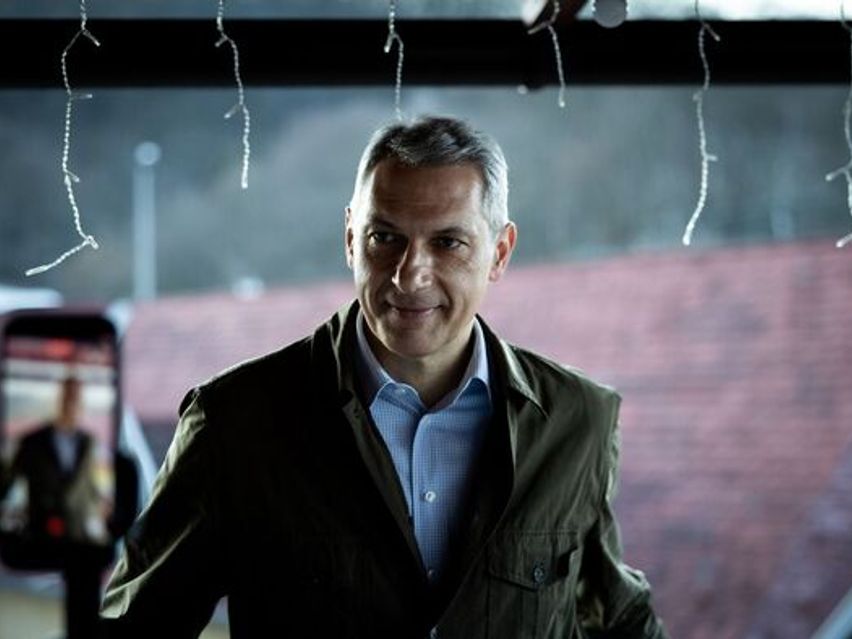
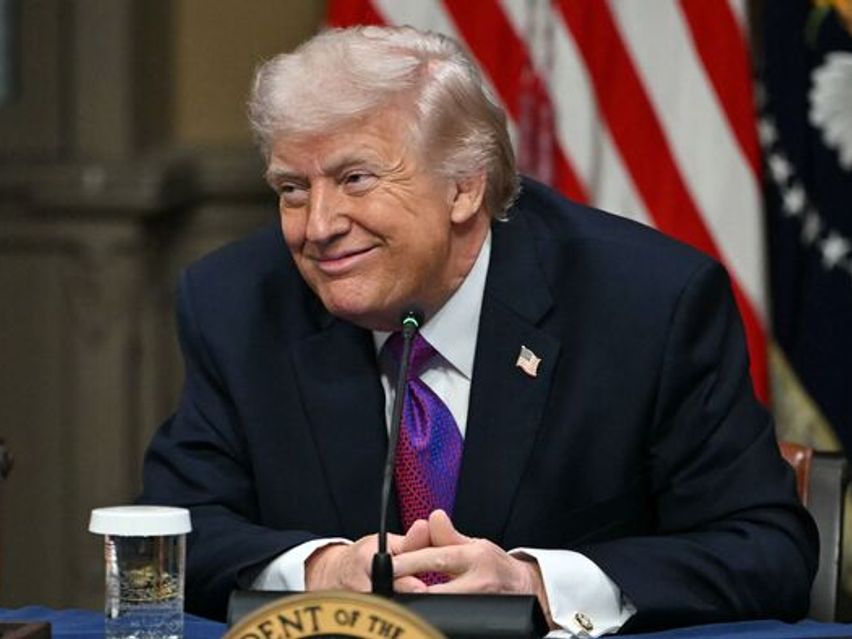
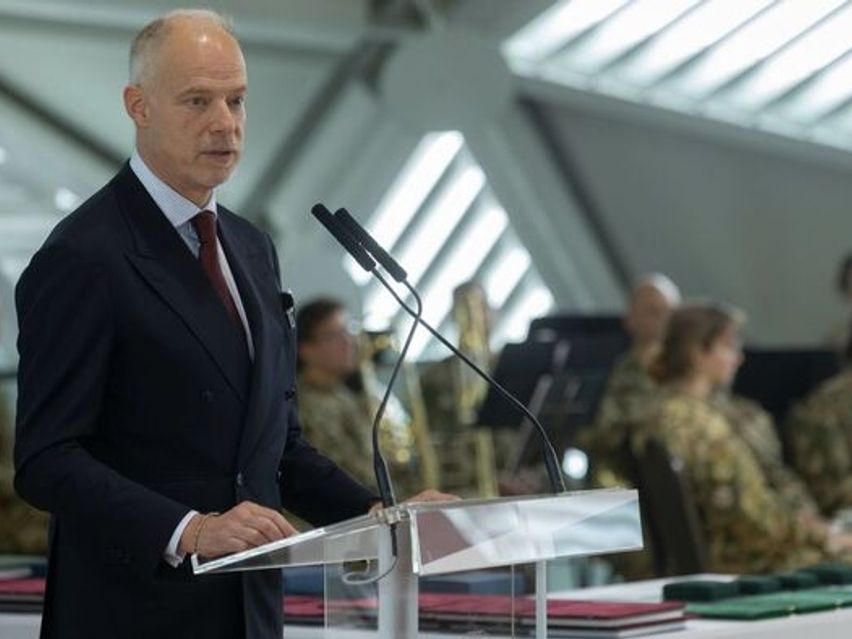
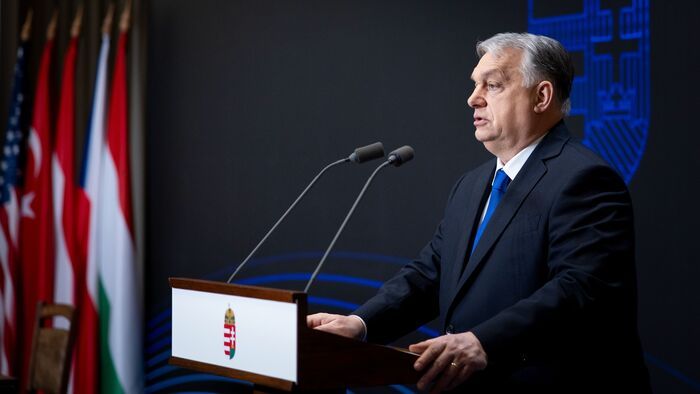






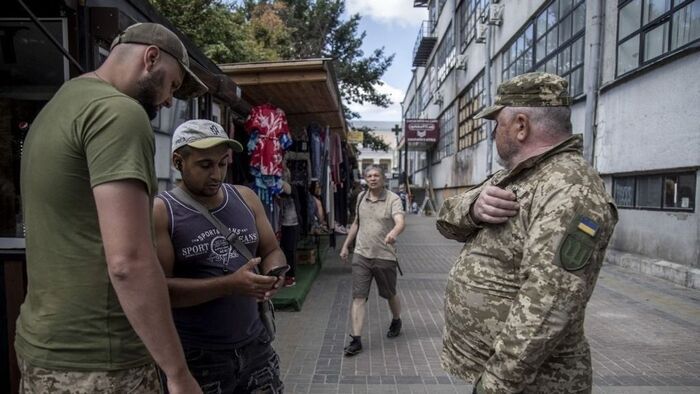
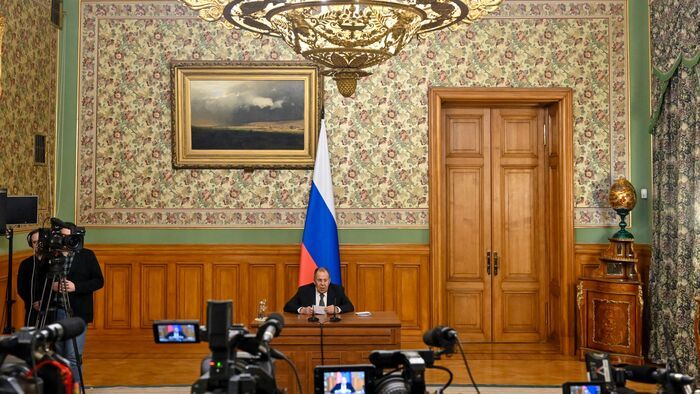





Szóljon hozzá!
Jelenleg csak a hozzászólások egy kis részét látja. Hozzászóláshoz és a további kommentek megtekintéséhez lépjen be, vagy regisztráljon!